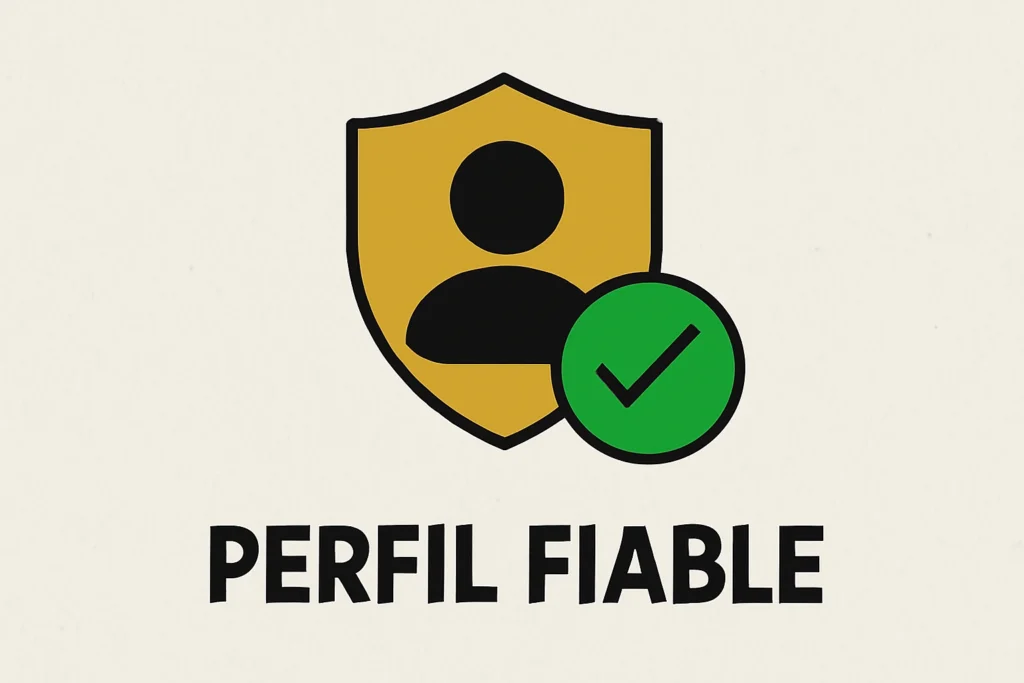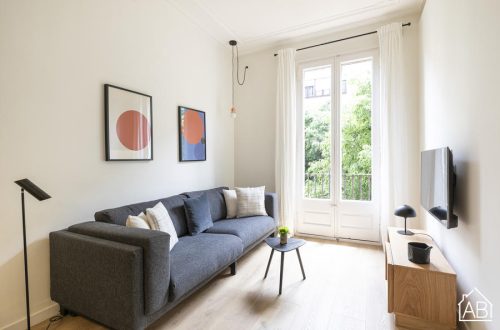One of the main concerns for any landlord is facing missed payments by their tenant. Besides the financial loss, this situation involves lengthy procedures and a waste of time. While you can’t guarantee 100% that there will be no conflicts, you can significantly reduce the risk by applying certain filters before signing the contract. Below, we explain how to choose reliable tenants so you can rent out your property with greater peace of mind.
1. Set your own criteria
Before publishing the listing, clearly define which tenant profile you want to attract: master’s or exchange students, professionals on project assignments, remote workers, families on temporary relocation, etc. Put your fit criteria in writing (preferred length of stay, number of occupants, pet policy, whether working from home is allowed, care of the furnishings, etc.). This will help you filter better from the first contact and save viewings that don’t match what you’re looking for.

2. Request the required documentation
In most cases, the documentation should confirm identity, ability to pay, and the purpose/duration of the stay. We recommend requesting:
- Identity document (DNI, NIE, or passport)
- Purpose and dates of the stay (admission letter, company letter, academic program, or similar)
- Employment contract or company letter (for transferees/corporate stays)
- Recent payslips or proof of income (self-employed: recent invoices or an income summary)
- You can also request references from previous accommodations
Requesting this information protects both parties and establishes a relationship based on trust and transparency from the outset.

3. Assess ability to pay (without rigid formulas)
With the documentation in hand, the next step is to assess the stability and consistency of income. Focus on the following aspects of the prospective tenant:
- Regularity of income or backing from the payer (company/guarantor)
- Consistency between what’s declared and the documents provided
- Clear, recurring payment method (bank transfer/POS) with a matching account holder
- Responsiveness and orderliness when submitting documentation
If the profile is borderline but a fit, you can reinforce it with additional guarantees agreed in writing (for example, a rental deposit, a personal guarantor, or additional verifications). 
4. Get to know your tenant better
During the apartment viewing, you can build a more personal connection and get to know the future tenant better. Without invading their privacy, here are some useful questions:
- What is the purpose of the stay and the intended dates?
- How many people will be living there, and what do they do?
- Do you have references from previous stays?
Observe whether they answer clearly, show genuine interest in the apartment, and remain consistent with the information already provided. 
5. Request quality references
If the tenant has rented before, you can request references from their previous accommodation or from the booking holder (in the case of corporate stays). A brief response regarding punctual payments and care of the home offers great peace of mind. If there is reluctance or evasiveness, take it as a warning sign to consider. 
6. Warning signs that could indicate future payment issues
Spotting certain behaviours early will save you headaches:
- Incomplete documentation or files that arrive with constant delays
- Inconsistencies between what’s declared and what’s provided (dates, employment, number of occupants)
- Pressure to speed up the process or skip steps (without verification or a reviewed contract)
- Resistance to traceable payment methods or to having the real account holder sign
- Evasive references or references that cannot be verified
- Frequent changes of story about the purpose or duration of the stay
- Aggressive or disrespectful attitudes in the early stages

7. How to manage the situation with a tenant in arrears (without losing your cool)
Dealing with tenants who fall behind on rent is emotionally exhausting for a landlord. The best approach in these cases is to stay calm and avoid letting tensions rise and worsen the situation. The key is to act with composure and method:
- Separate the person from the problem: focus on facts, dates, and receipts
- Define a direct channel (email/phone) and a communication schedule
- Document everything (messages, agreements, receipts) using a brief and professional tone
- Don’t get into arguments: avoid personalising; reiterate the point and the next action
- Look after your well-being: if the conversation becomes hostile, take breaks and, if necessary, delegate
- Escalate wisely: when communication stalls, refer to professional support while staying calm

If you want to avoid this entire headache, we recommend working with a specialised agency. Such an agency reduces friction and risk by acting as a neutral third party and applying protocols that prevent improvisation: solvency checks and references before signing, standardised documentation, traceable payment methods, and a record of every interaction.
In conclusion, preventing arrears isn’t about distrust, but about making informed decisions from the outset. With solid filters, proper documentation, and clear conversations, you’ll protect your profitability and enjoy smoother relationships with your tenants.
If you want more control and peace of mind when renting out your property, delegating management to AB Apartment Barcelona may be the best option for you. Contact us here!






